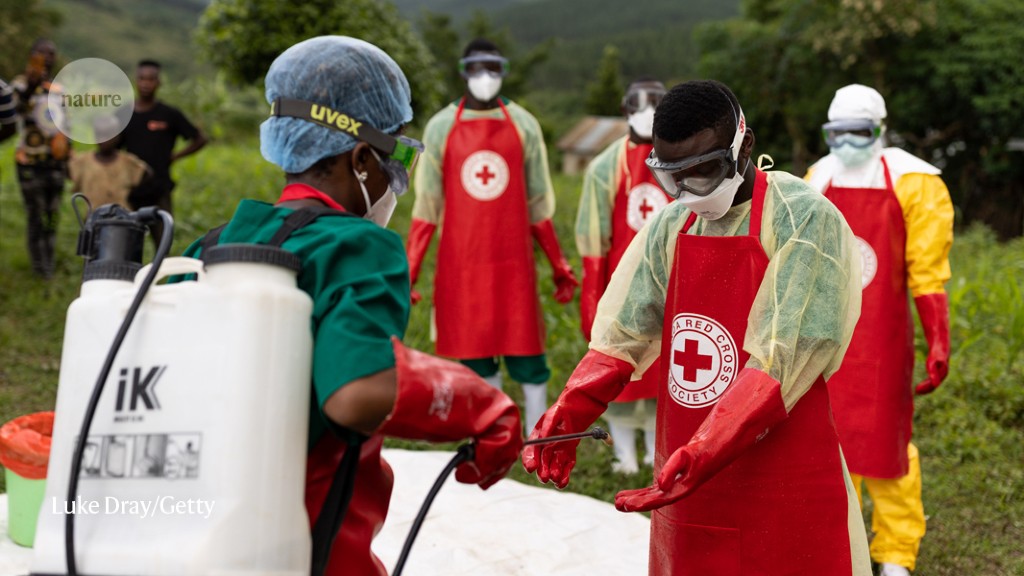A three-week lockdown in Mubende and Kassanda, Uganda, as the country battles against Ebola: An update from Uganda
Ugandan President Yoweri Museveni has declared an immediate three-week lockdown in two high risk districts as the country battles a rise in Ebola infections.
All movement in and out of the Mubende and Kassanda districts will be halted, Museveni said in a televised address on Saturday – although cargo trucks will be allowed to enter and leave the areas.
“Given the gravity of the problem and to prevent further spread and protect lives and livelihoods, the government is taking extra measures that require action from all of us,” Museveni said.
It’s striking that many people have died and recovered, but not surprising. Ebola is a rare but highly dangerous viral disease that kills roughly 50 percent of people who fall ill with it. Fruit bats are believed to be the natural host of the virus, but it can also cause other problems, such as spreading to animals and people dead or alive, both alive and dead.
Answers might be coming soon, but probably not soon enough to help with the ongoing Ebola outbreak in Uganda. Moderna, which is based in Cambridge, Massachusetts, is close to securing a deal to develop an mRNA vaccine against Ebola and other filoviruses, according to news agency Bloomberg. Moderna isn’t sure which species it hopes to target, or whether it will develop one vaccine against multiple species.
After a case of the relatively rare Sudan strain was confirmed, and with cases beginning to rise across districts, it was decided to declare an outbreak of the disease.
Other Ebola deaths have also been reported in the region. Six people from the man’s family, three adults and three children, also died between September 11 and 15. The Uganda Ministry of Health dispatched a rapid response team to the affected villages in Mubende district in order to conduct a verbal autopsy to determine the cause of death. The risk of infection from conducting a physical autopsy would be too high.
By October 16, the Ministry of Health had reported 60 confirmed cases of the deadly disease and 11 new cases in the previous two weeks. 24 deaths have been confirmed, including four among health workers.
Both current vaccines rely on another active virus, which limits who can receive them. In most circumstances, Ervebo is approved for use only in people over 18 — and its side effects can be unpleasant. Johnson & Johnson’s regimen can be offered to people one year old and up, but they must get it in two separate shots, eight weeks apart, which is not ideal in a rapidly growing outbreak.
The University of Pennsylvania’s Pardi says that he believes the use of mRNA vaccine technology could potentially solve some of the challenges. Unlike many other delivery platforms, mRNA vaccines don’t contain a virus. Rather, they use messenger RNA to encode key proteins that are found on the surface of a virus. The cells make aprotein that causes the immune system to fight off the virus when the mRNA enters them.
It will likely take three years of research in non-human primate before we know if the vaccine is effective or not, and then human clinical trials will need to be done.
Pardi hopes that Moderna and other firms try the approach to seek protection against multiple species. He doesn’t know which outbreak will be caused by the next virus.
